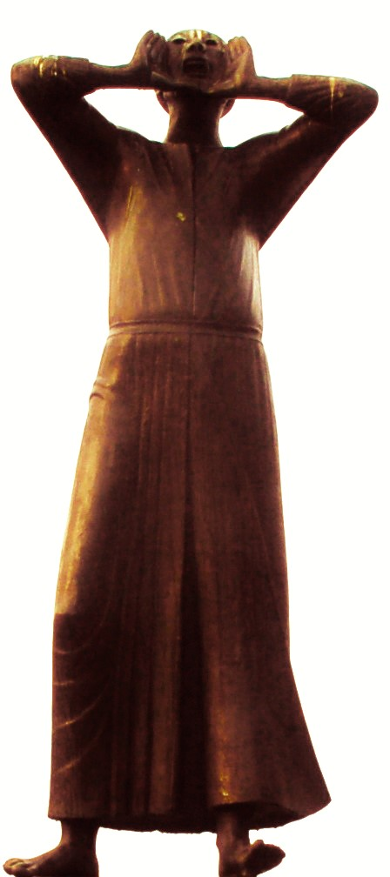Dissertation
The Relationship between State and Religion in a Changing Dutch Society
In recent decades, the Netherlands’ struggle with multiculturalism has caused an upsurge in public interest in the relationship between state and religion. In this, the Dutch address a subject relevant not just to them, but to all of Europe.
- Author
- Dirk van der Blom
- Date
- 06 July 2016
- Links
- Leiden Repositorium

The Dutch political tradition plays a central role in this book because the Netherlands developed a unique method of bridging seemingly irreconcilable religious differences: pacification. For centuries this involved managing the Catholic-Protestant rivalry that dominated Dutch politics until the twentieth century. The book describes how the two could be pacified by reference to a republican secular tradition that had its origins in the Republic of the United Netherlands (1588–1695) and manifested fully in the Constitution for the Batavian People (1798). Both milestones would later be crucial to the liberal democratic constitutional development of the Netherlands.
Ever since the Batavian Revolution, the development of the Dutch state has been focused on democracy, upholding fundamental rights, and the separation of church and state that was supposed to turn the Netherlands into a religiously neutral state. It was not until 1945, however, that secularization began to substantially alter the deeply religious nature of Dutch society. Since then, the Dutch have come to regard liberal democracy as a self-evident good, a natural part of their national identity. Nevertheless, it took until the 1960s for society to grudgingly acknowledge secularization, emancipation, and the recognition of people as autonomous individuals. From then on, men and women have increasingly found the courage to live by their true religious preference and sexual orientation.
In the second half of the twentieth century, the appearance of new religions on the Dutch stage, most notably Islam, has had a significant impact on the Netherlands’ national identity. This involved not merely the transition from a homogeneous to a heterogeneous culture, but the emergence of a theretofore unimaginable religious pluriformity. This has lead to a strain on national laws and values, which are rooted in the country’s centuries-old homogeneous Christian humanist tradition.
How, the Dutch are now asking, should this religious friction be dealt with? How absolute is freedom of expression? Can religious ideas be criticized without restriction? Unfortunately, state officials are increasingly giving the wrong answers to these societal questions by labeling perfectly legitimate criticism of religion as needlessly provocative, thereby striking at the root of the constitutional freedom of expression, and with it, democracy itself.
The ability to deal with criticism is a crucial component of liberal democracy and freedom of speech. In facing this new religious pressure, the Dutch, like the rest of Europe, must once again reach for the system that best protects these essential principles: the religiously neutral state.
